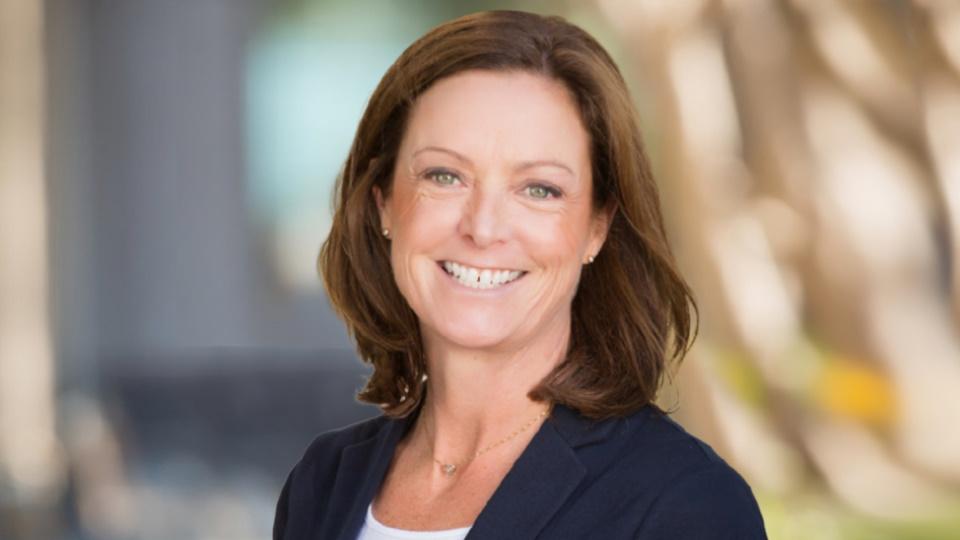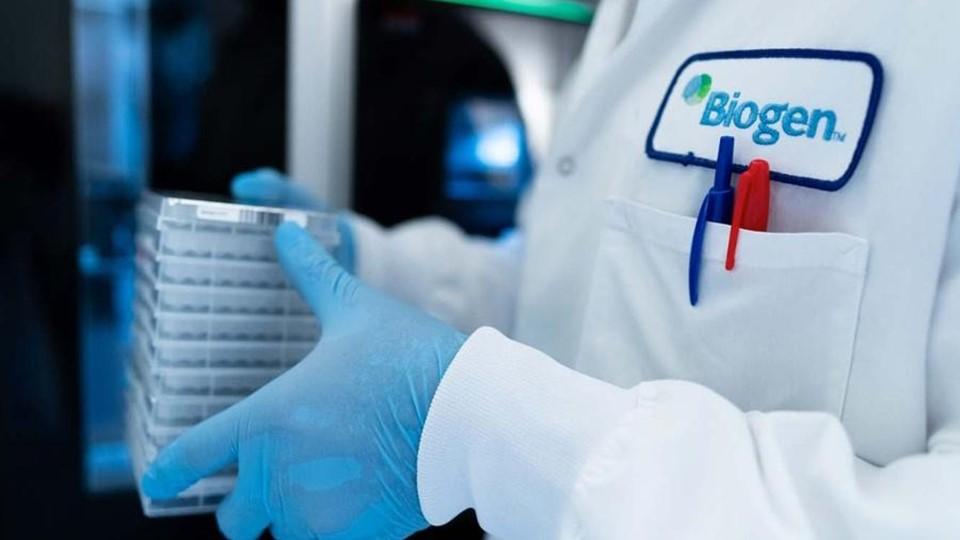Grogan named Biogen research chief as reset continues

Chris Viehbacher's efforts to reinvigorate Biogen are continuing to take shape with the appointment of industry veteran Jane Grogan to the position of head of research.
Dr Grogan will step into a role formerly occupied by Al Sandrock, who retired from the company after 23 years towards the end of 2021, only to reappear as chief executive of gene therapy start-up Voyager Therapeutics.
She has had a long career in biopharma, including 15 formative years at Genentech working in immunology and immuno-oncology, and was most recently chief scientific officer at gene-editing company Graphite Bio, having previously held the same role at programmable T-cell therapy specialist ArsenalBio.
Dr Grogan will take up the new position on 2nd October, reporting directly to Viehbacher, who described her as a "pioneering scientist whose groundbreaking discoveries at Genentech helped pave the way for development of targeted autoimmune and oncology therapies."
That ties in with the CEO's decision to pivot the R&D priorities at Biogen away from its old heartland of neuroscience and towards areas like immunology, where there is overlap with its long heritage in multiple sclerosis.
"I believe Jane will be a strong asset to Biogen as we seek to bring a greater number of innovative medicines to market faster and more effectively," said Viehbacher.
Her first role will be to work alongside Biogen's head of development, Dr Priya Singhal, on setting the company's strategy for bringing new medicines through the pipeline and onto the market.
After Sandrock left, new CEO Viehbacher took the decision to split the research and development roles, promoting Dr Singhal from her earlier position as head of global safety and regulatory sciences, saying that it would boost productivity and lead to better risk management and resource stewardship.
Sandrock's departure came after the abortive launch of Alzheimer's therapy Aduhelm (aducanumab), as well as disappointing results with gene therapy BIIB112 for the rare inherited eye disease X-linked retinitis pigmentosa and amyotrophic lateral sclerosis (ALS) candidate tofersen, although that drug has since been approved as Qalsody.
Since then, Viehbacher has cut back Biogen's R&D programmes and staffing levels in order to cut costs and focus its efforts on new therapies, like recently approved Alzheimer's therapy Leqembi (lecanemab) and Qalsody, whilst simultaneously ploughing more money into its pipeline.
One aspect of that was the company's recent agreement to spend $7.3 billion buying Reata Pharma and its FDA-approved drug Skyclarys (omaveloxolone) for inherited neurological disease Friedreich's ataxia (FA).













